UK health authorities are investigating an outbreak in Devon, where several individuals have tested positive for a microscopic parasite known to cause stomach upsets. Meanwhile, the local water company is examining a nearby reservoir as a potential origin, with 46 confirmed cases of cryptosporidiosis reported read more
)
Cryptosporidiosis is an infection that causes diarrhea. Image used for representational purposes/Pixabay
Cryptosporidiosis, often referred to as Crypto, has recently emerged as a health concern in the UK, particularly parts of south Devon. With an increase in confirmed cases and reported symptoms, understanding this infection and ways to prevent it is crucial.
The UK Health Security Agency (UKHSA) confirmed 46 cases of cryptosporidiosis in Brixham, with over 100 additional reports of symptoms. “Other reported cases of diarrhea and vomiting in residents and visitors to Brixham are also under investigation. More confirmed cases are anticipated,” stated the UKHSA.
Paul Hunter, a professor of medicine at the University of East Anglia, told Guardian, “There are many different species but two are the main causes of disease in humans. C. parvum, whose main host is cattle, and C. hominis, whose main host is humans.”
In response to the outbreak, UK’s South West Water has advised Brixham residents to boil their water before drinking and provided bottled water to affected households, local businesses, and schools.
What is Cryptosporidiosis?
Cryptosporidiosis is an infection caused by the parasite Cryptosporidium, leading to severe diarrhea. This parasite is notorious for its resilience, capable of surviving in chlorinated water due to its tough outer shell. It ranks among the most common causes of waterborne diseases in the United States and other regions worldwide.
According to the World Health Organisation (WHO): “Cryptosporidium is a waterborne intestinal parasite that causes diarrhoea in low and middle-income countries worldwide. Reports from Mediterranean countries have documented the prevalence of cryptosporidiosis in children at various ages, also among cancer patients, and in cases of chronic kidney disease, haemodialysis, and organ transplant.”
What causes Cryptosporidiosis?
The parasite, Cryptosporidium, infects the intestines and is passed through stool. Transmission occurs primarily through the accidental ingestion of contaminated food or water. Here are some common ways the parasite spreads:
Water Contamination: Swallowing contaminated water from pools, hot tubs, lakes, rivers, or streams.
Food Contamination: Consuming uncooked foods tainted with the parasite.
Surface Contact: Touching surfaces contaminated with infected stool, such as bathroom fixtures and diaper-changing tables.
Person-to-Person: Direct contact with an infected person, especially in child-care facilities where hygiene may be compromised.
Who is at risk from Cryptosporidiosis?
While anyone can contract cryptosporidiosis, certain groups are more susceptible:
Travellers: Those visiting rural areas in developing countries.
Residents of Poor Sanitation Areas: Individuals living or frequently dining in places with inadequate sanitation.
Immune-Compromised Individuals: People with HIV/AIDS, cancer patients on immunosuppressive medications, and individuals with inherited immune system disorders.
What are the symptoms of Cryptosporidiosis?
Symptoms typically appear within 2 to 10 days of infection and can last about two weeks or longer. Common symptoms include:
Diarrhea
Loose or watery stools
Vomiting
Weight loss
Stomach cramps
Fever
Even in the absence of symptoms, the parasite can be present in the stool for up to two months, posing a risk of transmission to others.
What is the diagnosis and treatment?
According to John Hopkins Medicine, diagnosing cryptosporidiosis involves analysing stool samples. Since the parasite is intermittently present in stool, multiple samples may be required. Special tests, not routinely performed in standard labs, are necessary to identify the parasite.
Also Read: How climate change can worsen dementia and depression
For individuals with a healthy immune system, the infection often resolves without medical intervention. However, those with weakened immune systems might require specific treatments:
Nitazoxanide: An antiparasitic medication used to treat the infection.
Antidiarrheal Medicines: Such as loperamide, to manage symptoms.
Hydration: Ensuring sufficient fluid intake to prevent dehydration, a major complication of cryptosporidiosis.
No treatment is entirely effective against the parasite, but supportive care and restoring immune function are critical for those with compromised health.
What are the preventive measures?
Good personal hygiene is the most effective way to prevent cryptosporidiosis:
Handwashing: Wash hands thoroughly with soap and water after using the toilet, changing diapers, and before eating or preparing food.
Safe Food Practices: Wash and peel all raw fruits and vegetables before consumption.
Water Safety: Avoid drinking untreated water from lakes, rivers, springs, ponds, or streams. Ensure water is filtered or chemically treated.
Household Measures: Wash clothes and bedding at high temperatures, avoid sharing towels, and disinfect bathroom fixtures.
Public Health Advice: Individuals who have experienced symptoms should avoid returning to work or school until 48 hours after their last episode of vomiting or diarrhea. Swimming should be avoided for 14 days post-symptoms to prevent spreading the infection in pools.
Travel Precautions: When traveling to areas with unsafe water supplies, drink only boiled or bottled water and avoid raw foods washed with tap water.
Also Read: This new weight loss drug is better than Ozempic. All you need to know

 4 months ago
21
4 months ago
21

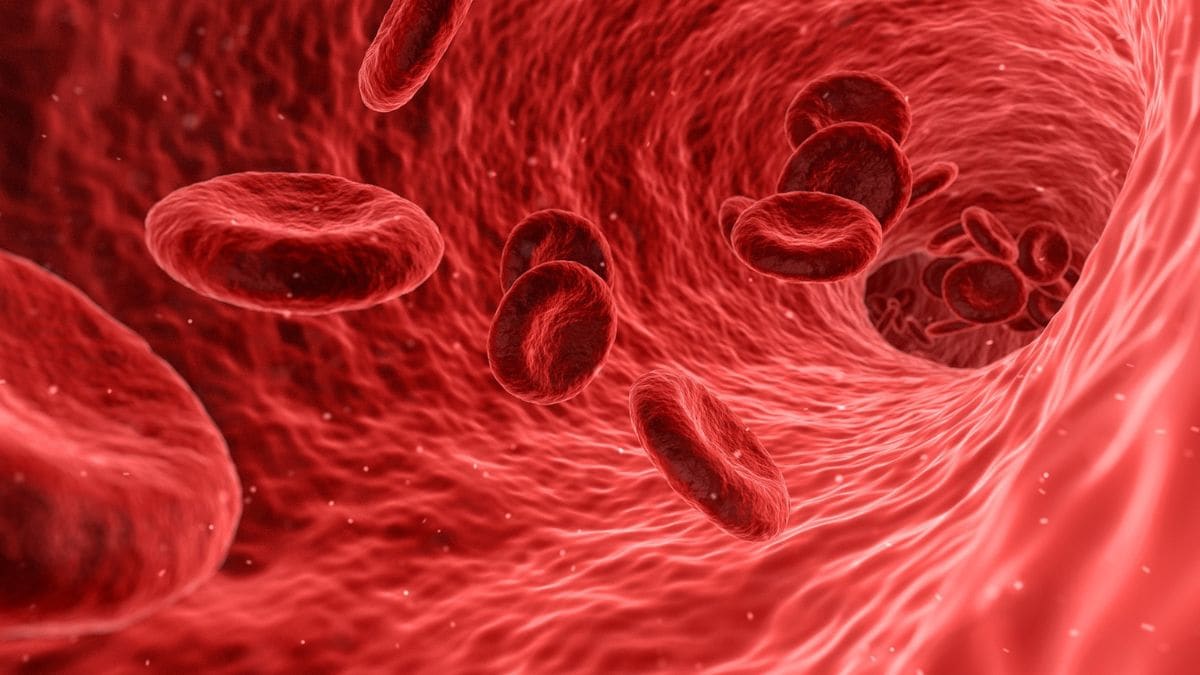
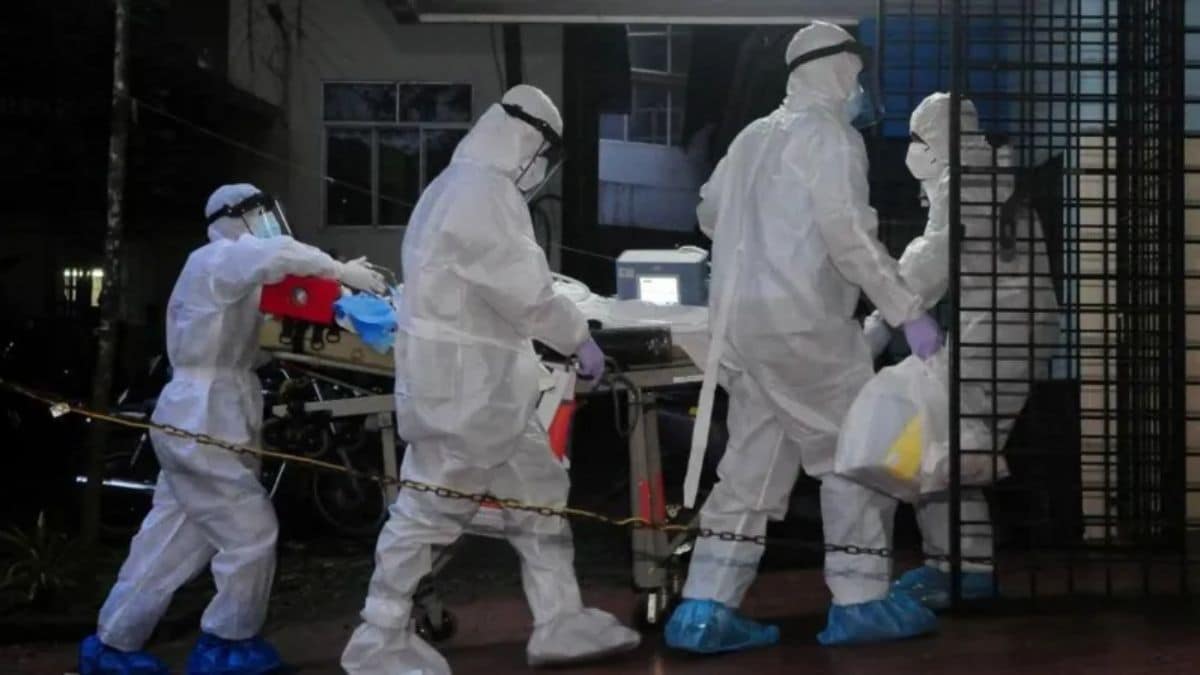
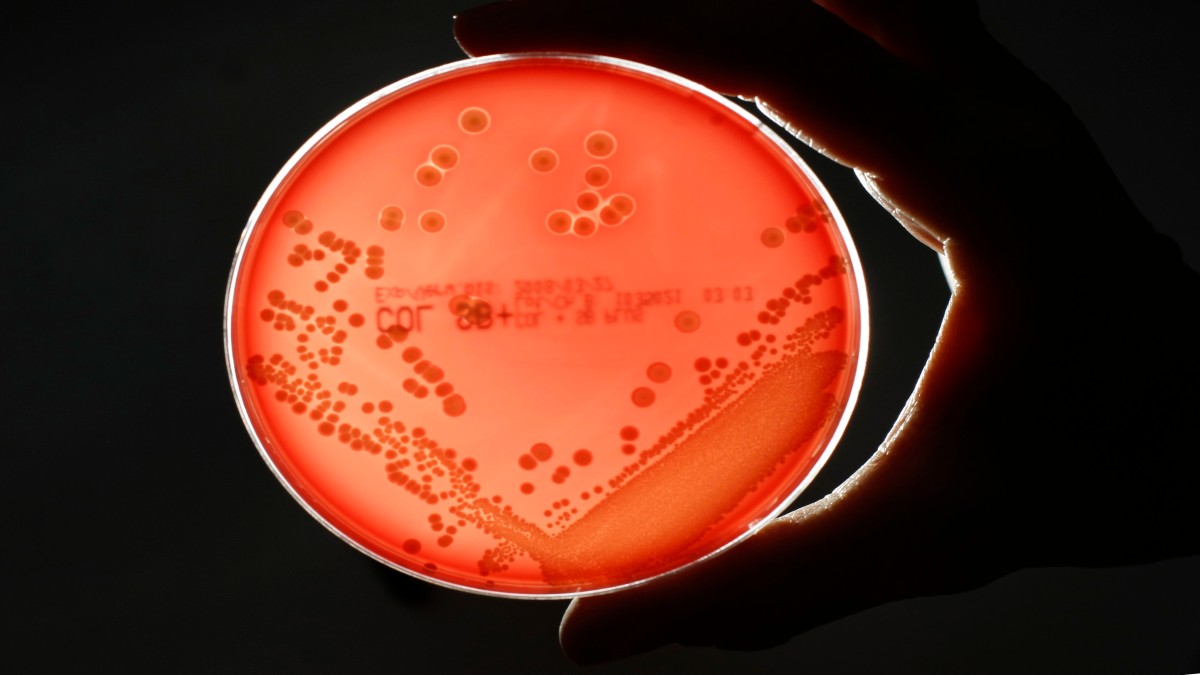



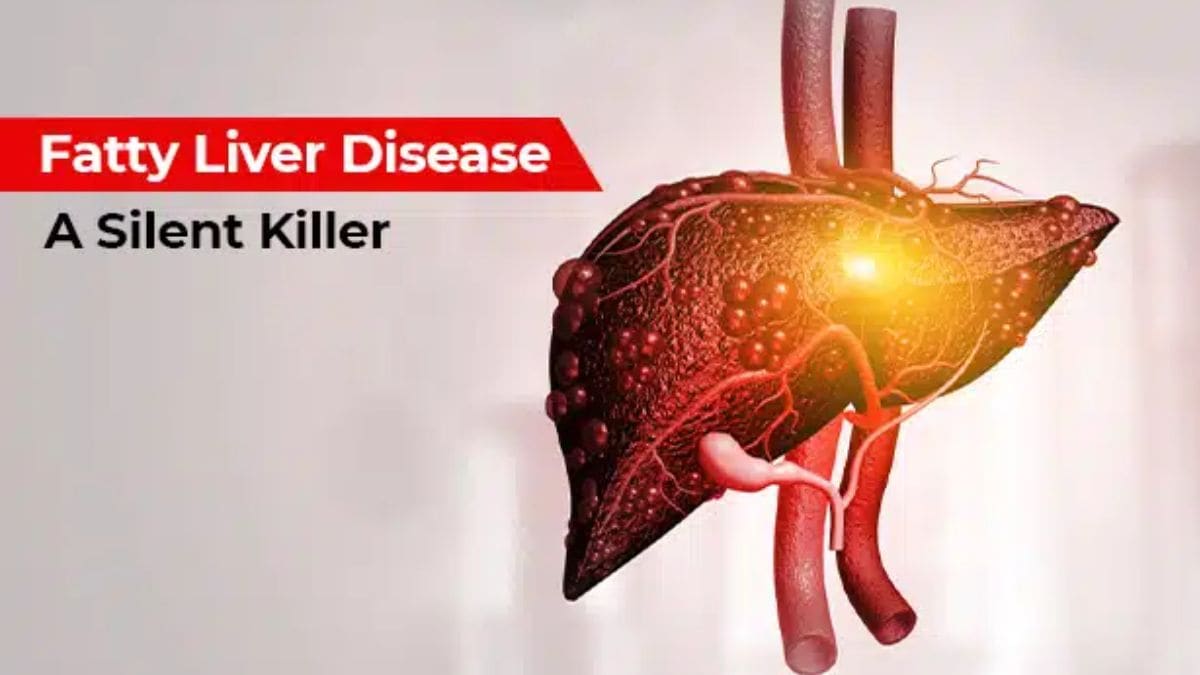

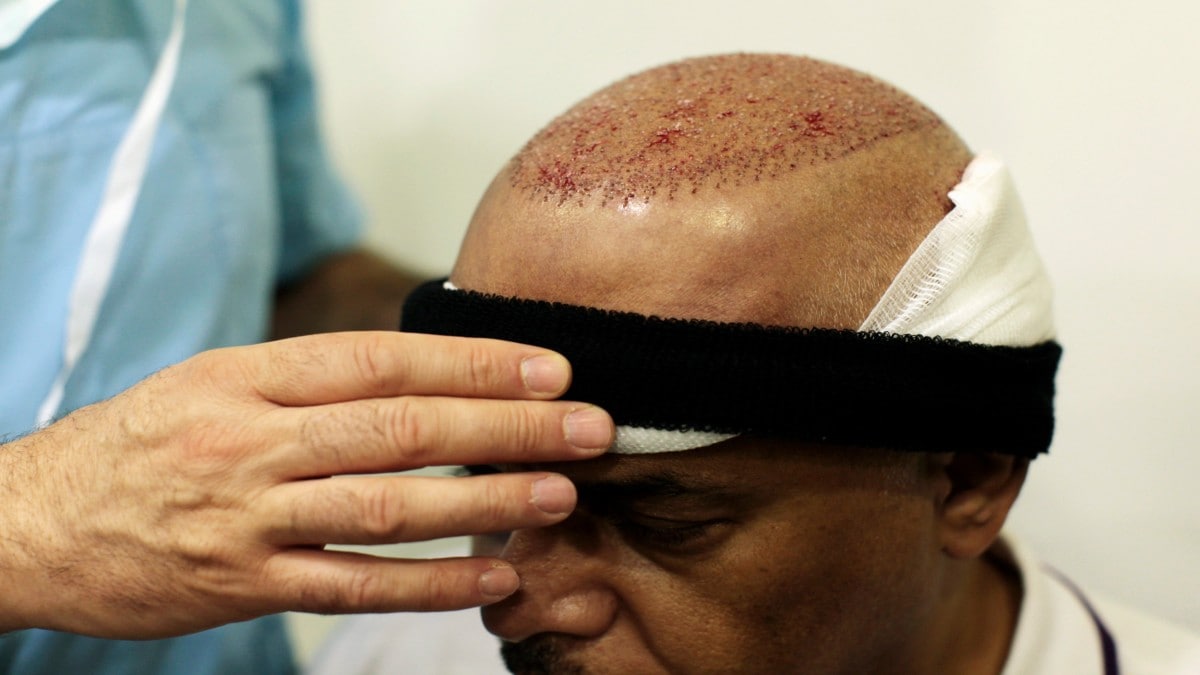

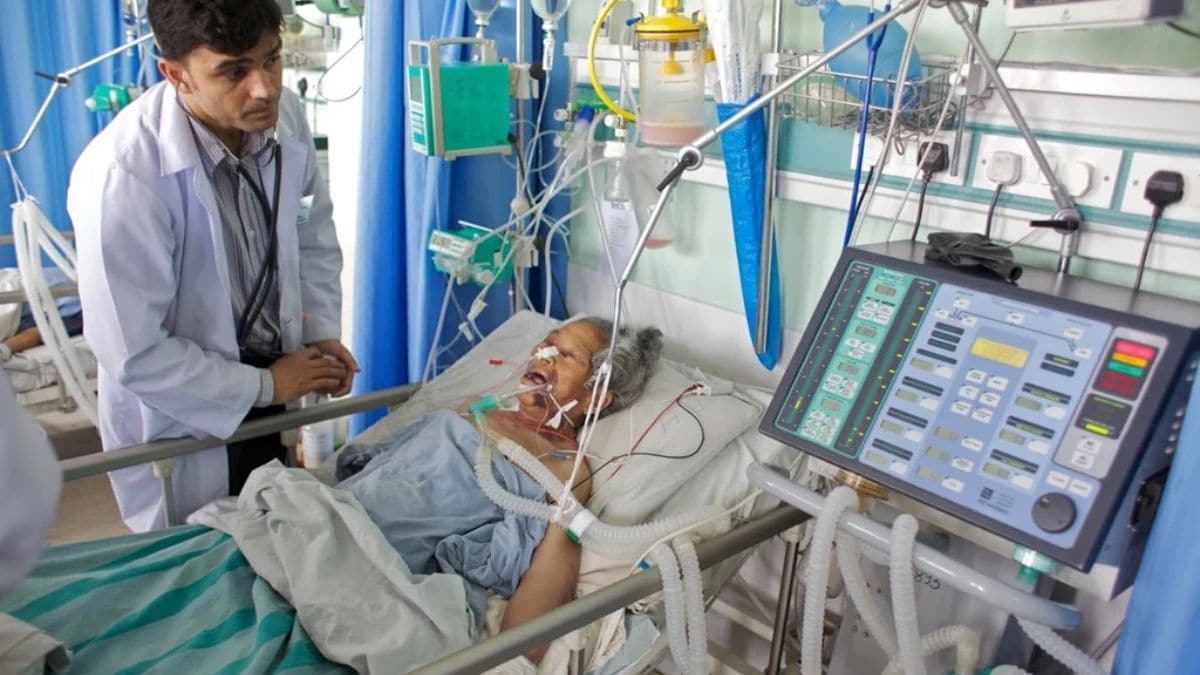
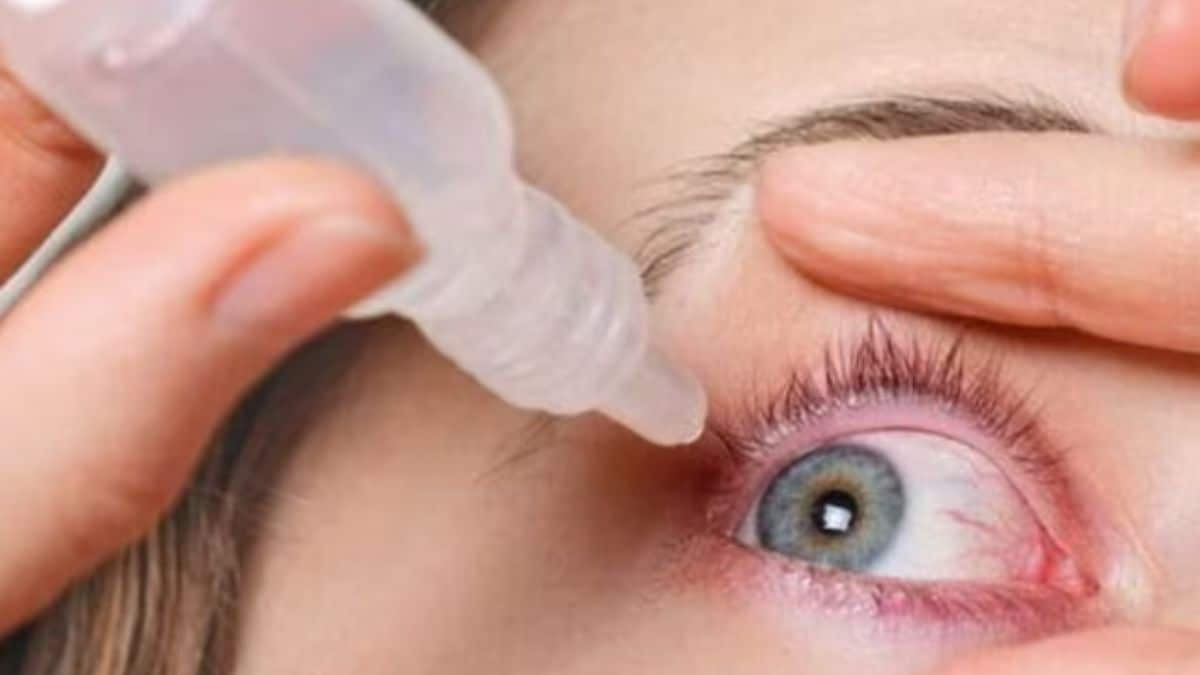


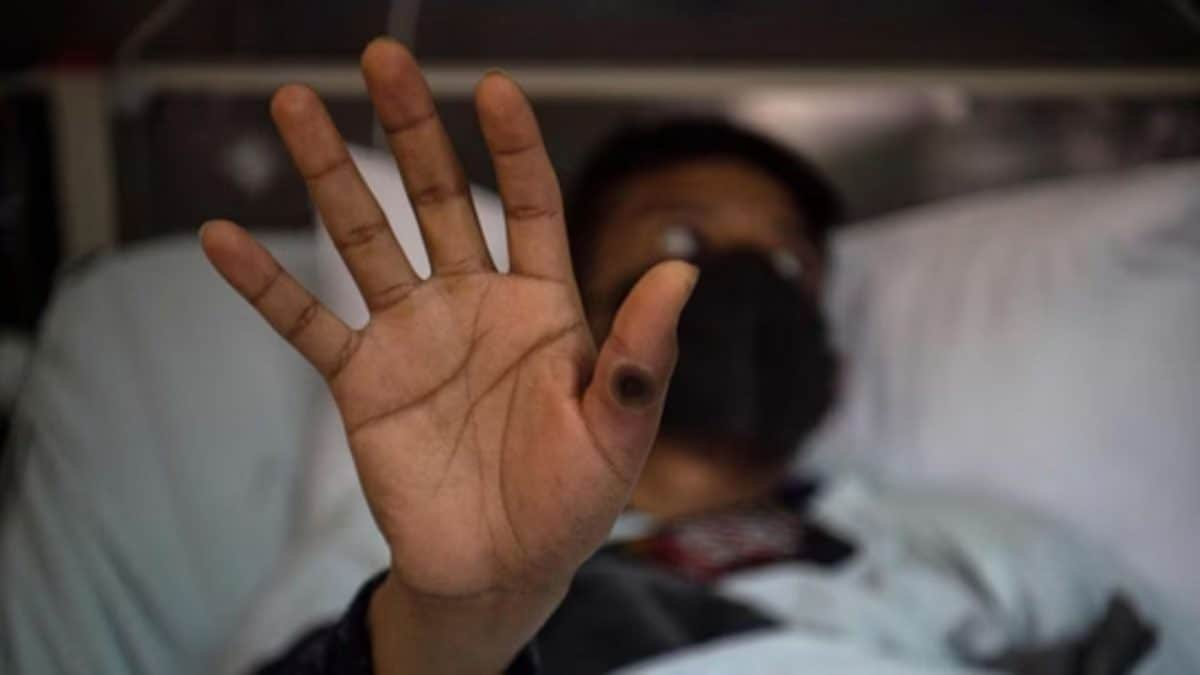


)
)
)
)
)
)
)
 English (US) ·
English (US) ·